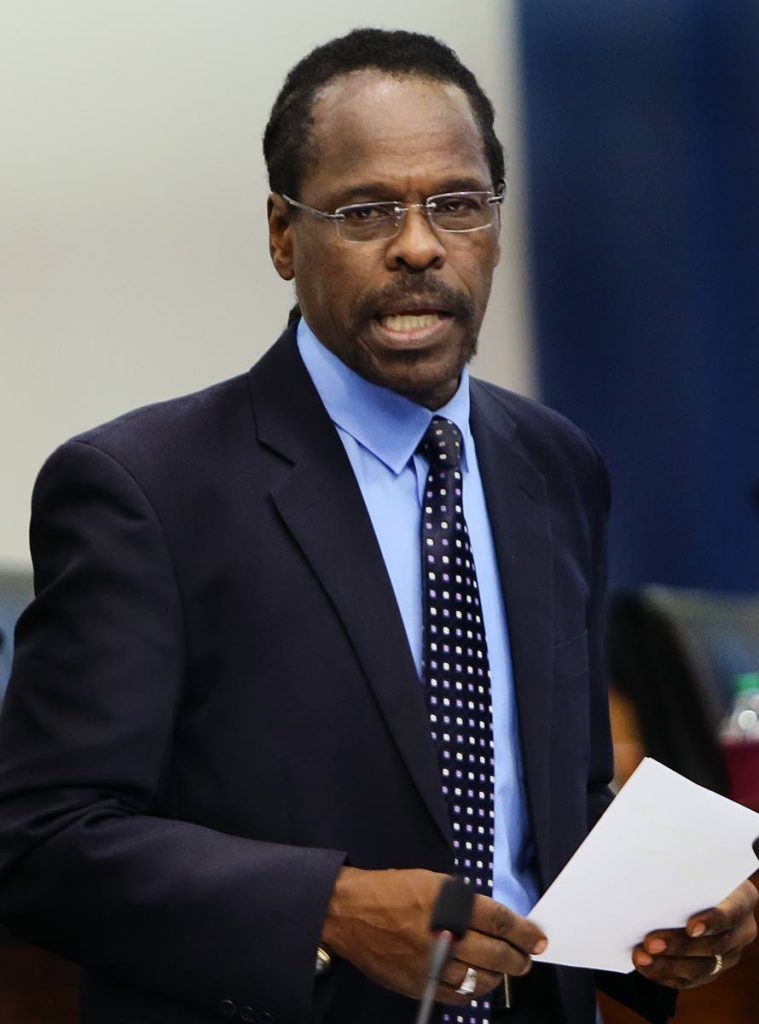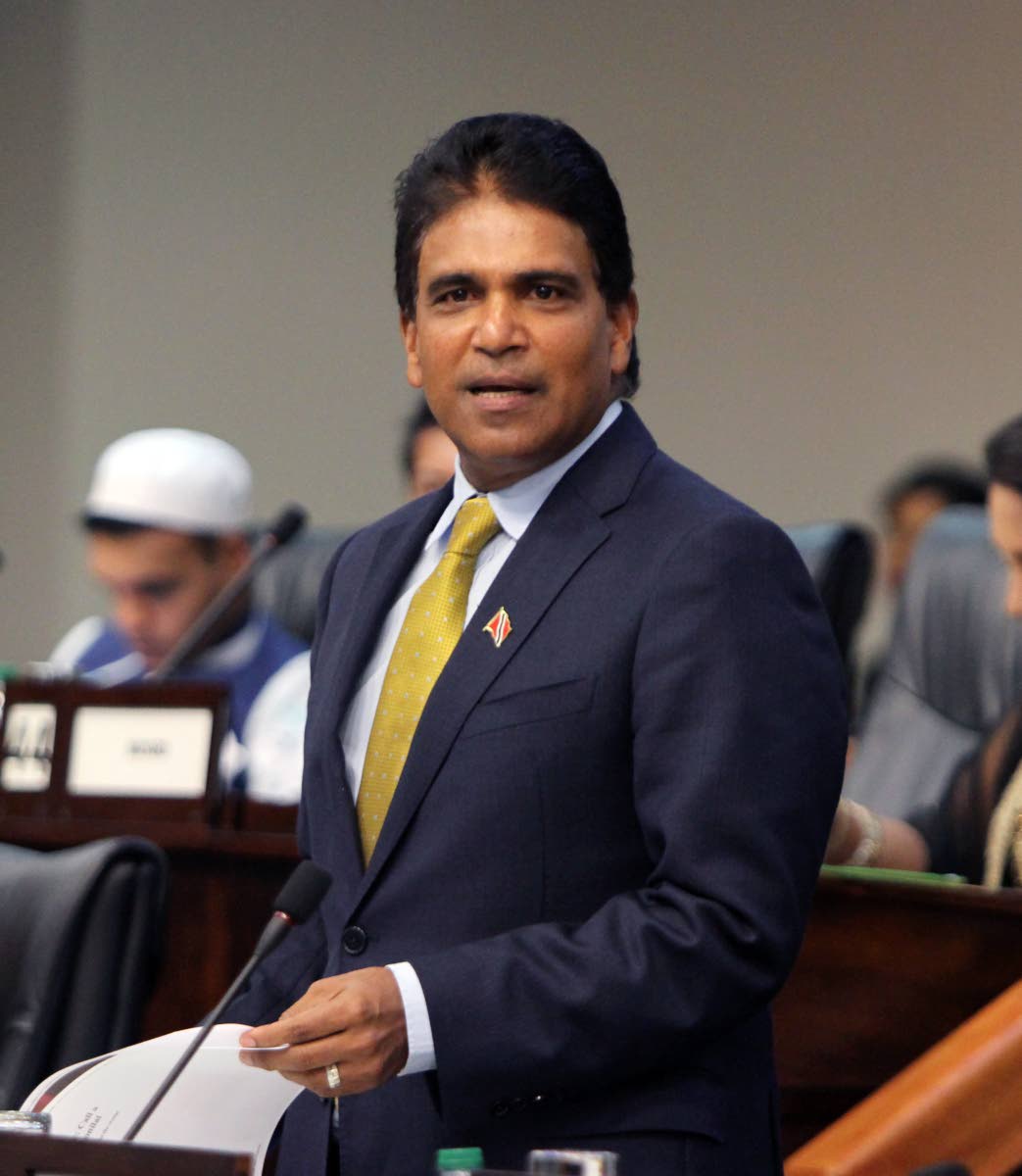Thanks in public life

Prof Ramesh Deosaran
Thanks. This word means “an expression of gratitude.” You might smile at using its dictionary definition here because everybody already knows what “thanks” means, except that it is not practised as much. The other ticklish thing is that “gratitude” in the definition is a bigger word, meaning “being thankful.” The linguistic circularity is amusing. Anyhow, the public value of “thanks” gained my attention when, during last week’s debate on the motion to approve the bi-partisan special select committee’s (SSC) motion on the nominations by the Police Service Commission (PSC), Opposition MP Dr Roodal Moonilal thanked all those who publicly appeared before the SSC for their willingness and courtesy.
In his concluding remarks, SSC chairman, Fitzgerald Hinds, also expressed thanks to SSC members, but in particular to the parliamentary staff under Jacqui Sampson Meiguel, clerk of the Parliament. As independent senator, I have had many years of fruitful relationships with Sampson Meiguel’s staff. More recently I have had good cause to express thanks for their high-level professionalism – efficiency, courtesies and responsiveness. Where deserved, expressing thanks helps remind us that we are still humans, still aspiring to be civilised in an unfriendly environment.
However, as Agriculture Minister Clarence Rambarat repeatedly points out, there is a dark side to this. Many public servants, senior and junior, he observed, are discourteous, inefficient and seem not to care. Given the implications, he should raise this as a serious matter in cabinet. In moving the title from “civil servants” to “public servants,” the concept of civility seems to have been lost to some public servants, fast becoming the rule rather than the exception. That is why I think the standard of service and professional respect delivered by the staff of our Parliament is exemplary, something to examine and emulate all around.
The expression of thanks by both Moonilal and Hinds immediately reminded me of the almost 100 people from central and local government, security agencies, Parliament, private sector, NGOs, etc who so willingly and helpfully allowed themselves to be interviewed by the Police Manpower Audit Committee (PMAC) between February 2017 to September 2018.
As chairman of the eight-member PMAC, I never forgot to express many thanks to them on behalf of members. The committee’s expression of thanks was doubly deserving mainly because of the very busy, high office schedules held by so many of them – from ministers past and present, MPs past and present, Chief Magistrate and Director of Public Prosecutions, police commissioners past and present, senior security officials, Police Social and Welfare Association, Police Service Commission, Police Complaints Authority, Prisons Commissioner, customs, immigration, Forensic Science, municipal corporations’ chairmen and officials, Tobago House of Assembly Chief Secretary and other officials, several chambers of commerce (including TT Chamber and Amcham). Whatever the scepticism and pessimism lurking around us, there are many people from all sides still willing to do public service, help get things better, with or without getting thanks – or money.
They willingly came, though many initially wondered about the value and results of the committee’s work. Looking at my hopeful face, they remarked: “Professor, we had many police reform committees and reports before, you know.” The committee members all looked at me. I had to save the day, maintain the earnestness and integrity of the committee and its members. So I spent around five minutes, explaining the serious purpose, critical importance of the TT Police Service (TTPS), the kind of help it needs, the non-political, independent role of the committee and the Prime Minister’s assurance that the committee’s work and recommendations (including unpleasant truths) will be quickly and fairly considered.
The committee’s two-volume report (700 pp on Parliament web) contains data from several other sources – TTPS records, media articles, Police Service Act, regulations and related legislation, police officers themselves, primary surveys, other countries, international agencies, etc. Compressing all this data into intelligible forms proved quite a stiff challenge especially in the last few weeks to have the final reports ready for the Prime Minister and cabinet. And for this, my heartfelt thanks, quite deserving, went out to the conscientious committee members and the minimal but dedicated support staff. I also take the opportunity to thank those readers who give me comments on this column, the column itself being a kind of public service.



Comments
"Thanks in public life"